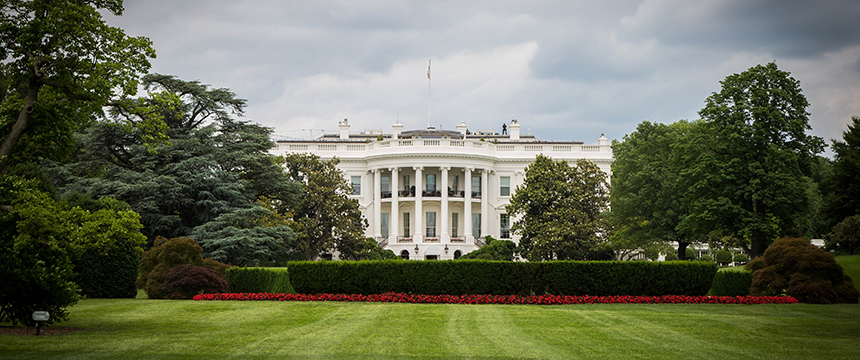President Trump Announces Forthcoming Executive Order Will Suspend All U.S. Immigration

On April 20, 2020, President Trump announced via Twitter that he will sign an executive order temporarily suspending all immigration to the U.S. in light of the coronavirus pandemic and the resulting increase in unemployment. The President did not offer any further details on the upcoming executive order, including what categories of immigration benefits would be affected and what the executive order would mean for foreign nationals already working legally in the U.S. Currently, representatives for the White House and the U.S. Department of Homeland Security have declined to provide further information on the executive order. The White House did not specify when the executive order will be signed, but it is presumed the order could be executed as early as the next few days.
While the language of the executive order is still being finalized, the order is expected to temporarily halt U.S. permanent resident applications and employment-based petitions for a temporary period up to 120 days. Other aspects of the executive order remain unclear, including potential exemptions for family-based immigrant petitions and for foreign workers deemed essential [i.e. farm workers, health care providers, etc.].
The new executive order would mark the most sweeping restrictions on legal immigration in the U.S. during the coronavirus pandemic, which has already led to executive orders [i.e. Proclamation 9984, Proclamation 9992, Proclamation 9993, etc.] suspending entry of certain immigrant and nonimmigrant foreign nationals who were physically present within China, Iran, Schengen Countries, UK, and Ireland, 14 days prior to their entry into the U.S. In conjunction with these executive orders, significant short-term obstacles existed for legal immigration to the U.S. First, the Trump administration temporarily suspended all routine immigrant and nonimmigrant visa services at all U.S. Embassies and U.S. Consulates. Second, U.S. Citizenship and Immigration Services suspended all routine in-person services at its field offices to stop the spread of coronavirus, including adjustment of status interviews, biometrics appointments, and naturalization oath ceremonies.
While essential questions about the executive order remain open, previous executive orders targeted foreign nationals who require a visa to enter the U.S. If this new executive order follows that pattern, then it may not include foreign nationals who are already in the U.S. in lawful status. If immigration processing continues for applications/petitions inside the U.S., then it is likely that both employment-based petitions [i.e. H-1B, L-1, O-1, etc.] and family-based applications that involve individuals already in the U.S. could be exempt.
Foley has created a multi-disciplinary and multi-jurisdictional team, which has prepared a wealth of topical client resources and is prepared to help our clients meet the legal and business challenges that the coronavirus outbreak is creating for stakeholders across a range of industries. Click here for Foley’s Coronavirus Resource Center to stay apprised of relevant developments, insights and resources to support your business during this challenging time. To receive this content directly in your inbox, click here and submit the form.
